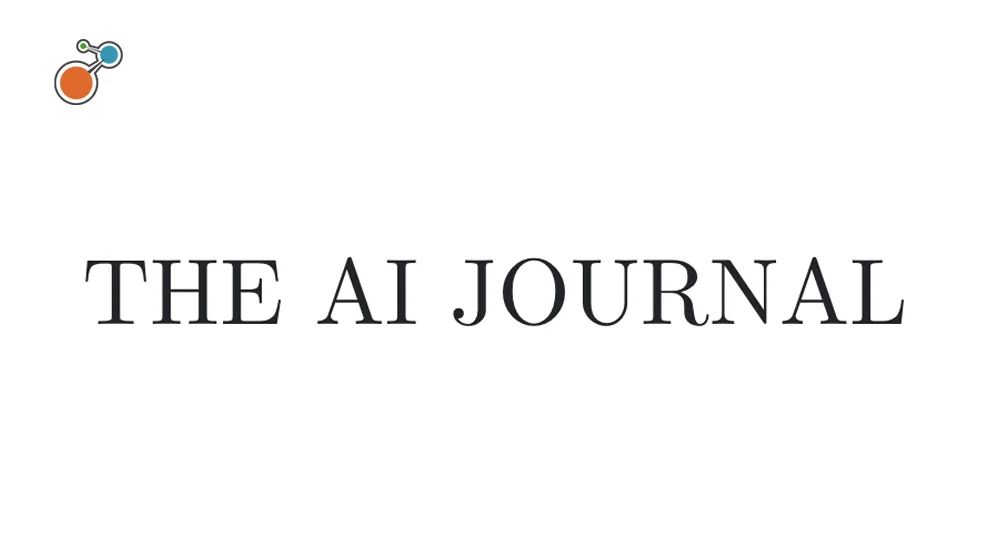BitcoinEthereumNews, October 23, 2023
A recent investigation conducted by Riskonnect has highlighted the significant hazards linked to the integration of generative AI within corporate environments. While a vast majority, 93%, of corporations acknowledge these hazards, only 9% consider themselves sufficiently equipped to tackle and mitigate these looming dangers.
Corporations struggle to keep pace with AI risk management
The findings from the research indicate a disconcerting deficiency in addressing AI risk management issues across the corporate spectrum. A mere 17% of leaders in risk and compliance have undertaken formal measures to impart knowledge and brief their respective organizations on the potential hazards associated with adopting generative AI technologies.
Jim Wetekamp, the Chief Executive Officer at Riskonnect, has voiced his apprehension regarding the tardy response to this emerging threat, stating, “Generative AI is advancing at an unprecedented pace, bringing forth a fresh wave of business risks. Our research findings highlight the sluggish corporate response, creating vulnerabilities across the entire organization. The rise of generative AI is the latest instance of how rapidly the contemporary risk landscape evolves. We have unequivocally entered a novel era of risk.”
Primary concerns: Data privacy, cybersecurity, and beyond
The study underscores various pressing concerns among corporations in relation to generative AI. Among these concerns are data privacy and cybersecurity issues, with 65% of corporations expressing apprehension. In addition, 60% of respondents are troubled by the prospect of employees making decisions founded on erroneous information, while 55% are concerned about potential employee misconduct and ethical quandaries. Intellectual property risks and copyright infringements also loom large, with 34% acknowledging these as valid concerns.
Present predominant risks
Even as generative AI assumes a greater significance, corporations remain susceptible to other risk factors. The leading four risks impacting organizations comprise talent shortages and layoffs, recession risks, ransomware, security breaches, and cyberattacks sponsored by states.
Notably, 63% of corporations have refrained from simulating their worst-case scenarios, leaving them ill-prepared to handle and navigate unforeseen risks. A mere 5% feel adequately equipped to grapple with unforeseen and unpredictable risk events in the future.
Read the full article in BitcoinEthereumNews.>>



